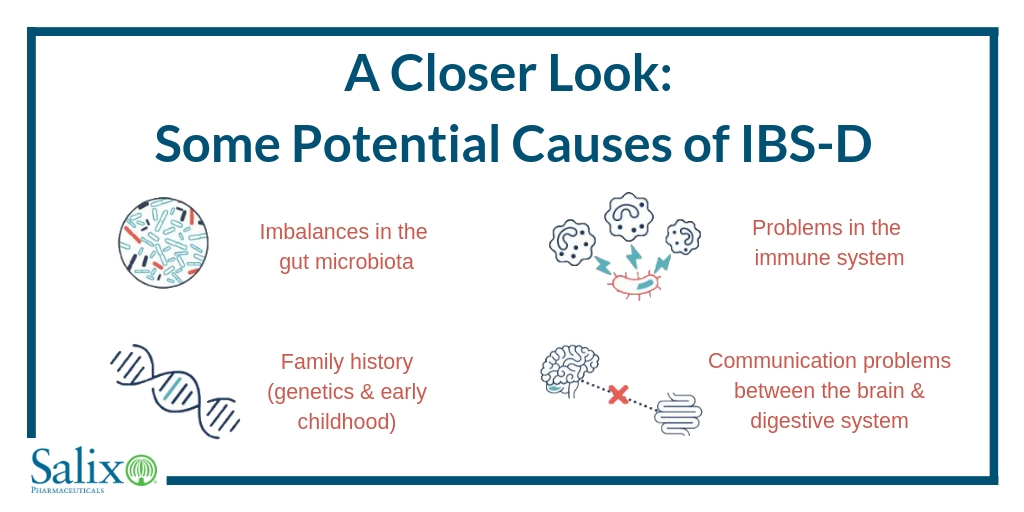Today’s post is sponsored by Salix Pharmaceuticals, but the thoughts and opinions in this post are my own.
As many of you already know, irritable bowel syndrome (IBS) is a common intestinal disorder that occurs in about 15% of Americans. IBS is considered a gastrointestinal motility disorder because the lower digestive system doesn’t move normally. IBS that occurs with the primary symptom of diarrhea is referred to as IBS-D. IBS-D affects up to 16 million Americans.
Unpredictable bathroom habits (which can be accompanied by pain, bloating and cramping) can certainly impact the way people live their lives. People with IBS usually have abdominal pain at least 1 day a week, for at least 3 months. Not fun.
If you are struggling with symptoms of IBS-D, you are not alone. Many people with IBS-D experience issues like:
- Feeling frustrated, fed up, and embarrassed
- Missing out on activities
- Avoiding situations where there is no bathroom nearby
- Dealing with symptoms that are unpredictable, disappear and return unexpectedly, or change over time
Important note: If you are experiencing, weight loss, nighttime symptoms that wake you up, blood in your stool, anemia, or have a family history of colon cancer, celiac disease, or inflammatory bowel disease, your symptoms may be related to another problem. Always share these symptoms with your doctor! Even if you feel embarrassed to “talk poop”, it truly is important to let your doctor fully understand what symptoms you are experiencing.
Today, I wanted to introduce a new online site called IBS-D Up Close that provides an overview of IBS-D for patients as well as health care providers. Unfortunately, there are many online sites that provide pseudo-science messaging to people with IBS. I find it particularly frustrating that many sites use scare tactics to get people to buy unfounded supplements or take courses that are not based in science. It is important to have resources online that are reputable and science-based to help navigate your health care treatments.
IBS-D Up Close provides a number of evidenced based educational resources about IBS-D, along with several reputable links provided for you to gather more information to make the most informed decisions to help manage your symptoms. Topics covered include: what is IBS-D, what causes IBS-D, as well as what specific questions you can ask your doctor to help best guide your treatment. The potential role of microbial imbalance is nicely reviewed on the site via a short informational video. There are also links to sites where you can find support via Patients Like Me and Irritable Bowel Self Help and Support Group.
I think IBS-D Up Close is a nice resource for people with IBS-D to peruse and gather information to help empower and educate themselves on IBS-D and symptom management. I am a firm believer that knowledge is power and the more you know about IBS-D, the better you can help advocate for your best health care options.
Why not check it out?
